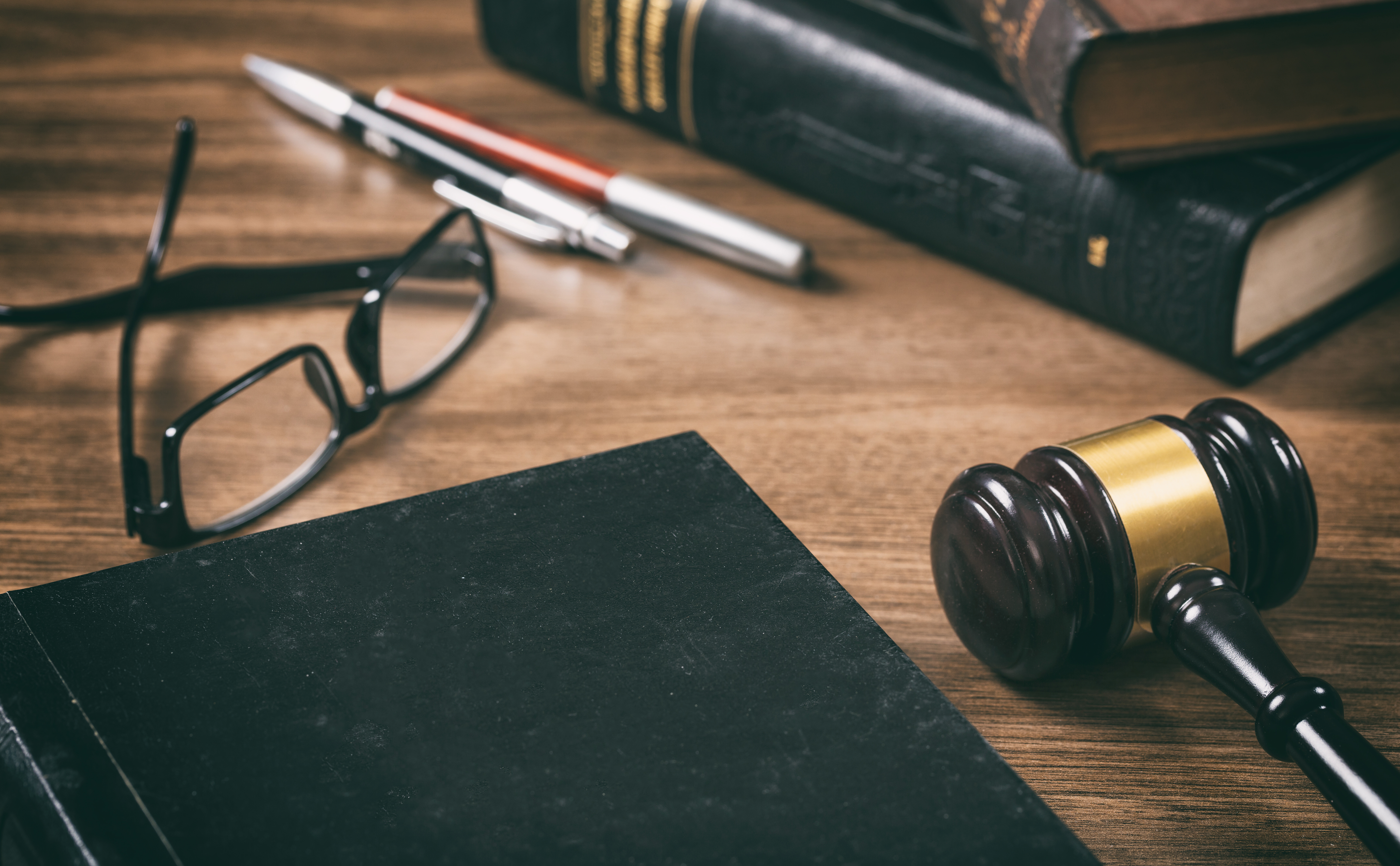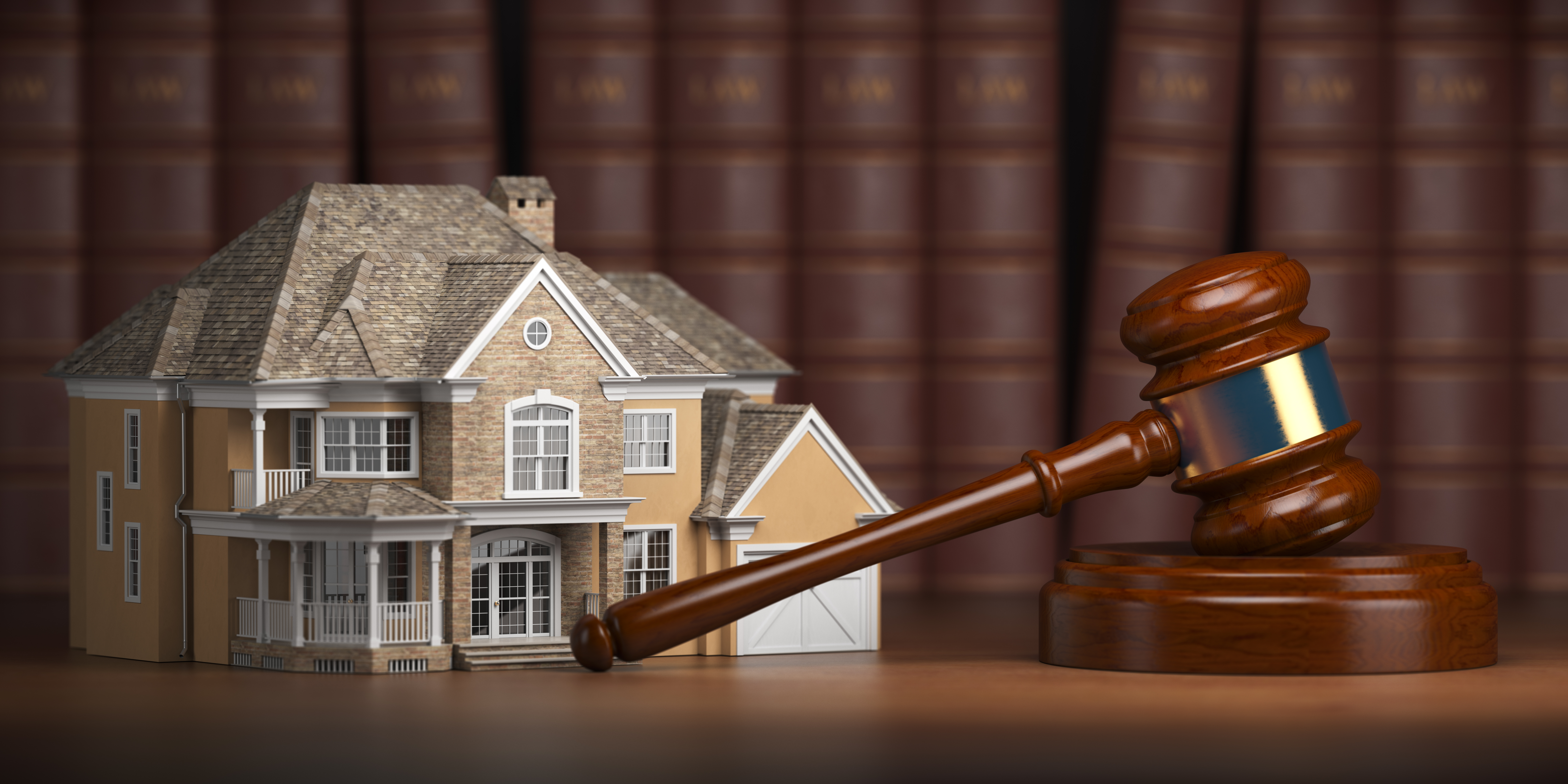If you are an individual in need of a bankruptcy reorganization plan, you may be wondering whether you should be filing a chapter 11 bankruptcy case or a chapter 13 bankruptcy case. This blog will...
When an individual is contemplating the best strategy to keep their residence through a chapter 13 bankruptcy plan, a key consideration is generally whether to pursue a loan modification or a cure...
If you are contemplating a lawsuit against another individual or entity, you must make sure that you bring your lawsuit prior to the expiration of the applicable statute of limitations. This blog...
Previously, I had written a blog exploring what at that time was an unsettled area of the law. That blog explored whether you could utilize a preference avoidance action pursuant to 11 U.S.C. § 547...
In any chapter 13 bankruptcy case, the maximum plan period for any case is sixty months from when the case is filed. While at the outset of your case it may seem manageable to maintain your ongoing...
When filing for bankruptcy, you must file a bankruptcy petition. The Bankruptcy Code requires that the bankruptcy petition contain all of your assets. An asset, which you might not think is an asset,...
Recently, I successfully represented a debtor in an adversary proceeding brought by creditors (the Plaintiffs) seeking to have the debt owed to them declared non-dischargeable pursuant to 11 U.S.C. §...
It is nearly impossible to predict what the future holds in life. Therefore, when you enter a five-year chapter 13 bankruptcy plan, you never know what life changes may be thrown your way during the...
In many instances, marital couples intertwine their financial affairs. This causes the vast majority of both real and personal property owned by the marital couple to be jointly owned property. This...
If someone has obtained a judgment against you and docketed that judgment with the clerk of the superior court in Trenton, then that judgment-creditor has obtained a lien on all your real property...










